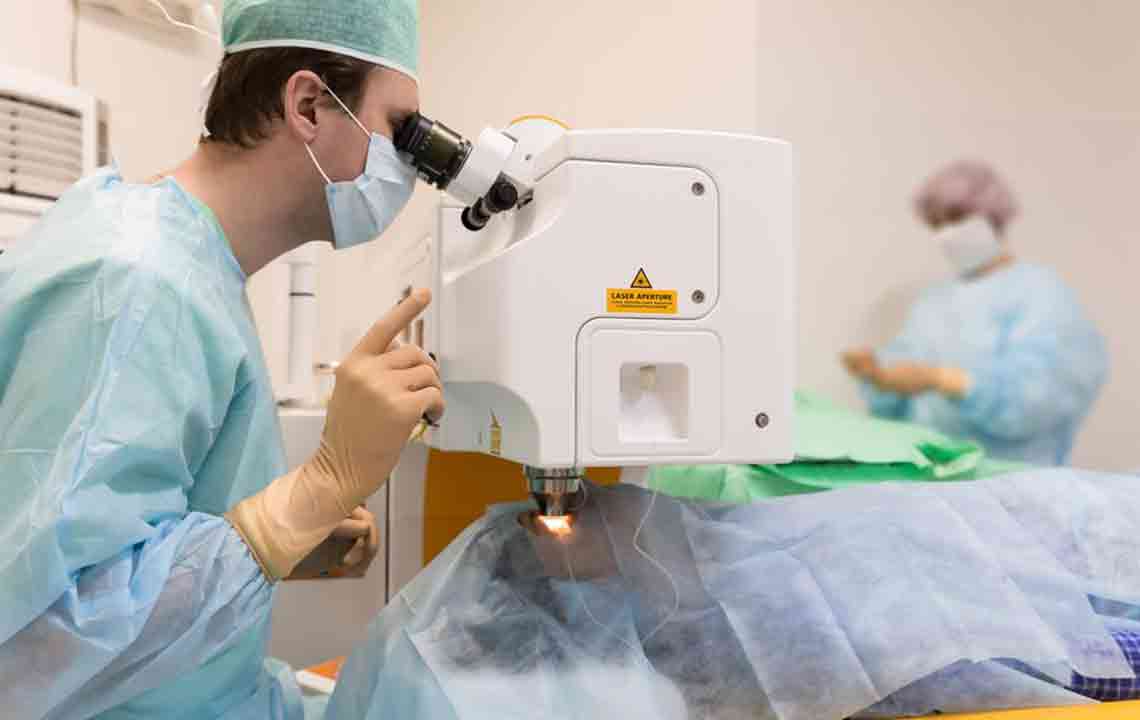Essential Insights Into Laser Vision Correction Procedures
Discover comprehensive insights into laser vision correction options like LASIK, PRK, and RLE. Learn about their benefits, costs, safety considerations, and potential side effects to make informed decisions about improving your eyesight through advanced laser procedures.

Essential Insights Into Laser Vision Correction Procedures
Laser eye treatments are designed to address common visual issues such as myopia, hyperopia, and astigmatism. Myopia, or nearsightedness, causes difficulty focusing on distant objects, while close-up vision remains clear. Hyperopia, or farsightedness, affects near vision. Astigmatism results in distorted images due to uneven corneal curvature.
Laser-assisted procedures like LASIK reshaping the cornea with advanced laser technology offer a long-term alternative to glasses and contact lenses.
Advantages of laser eye correction
High success rate with minimal complications for most patients
No pain during or after the procedure
Quick recovery allows patients to return to daily activities promptly
Additional enhancements can be performed for further improved vision
Important considerations for LASIK
While beneficial, factors like procedure permanence and individual eye health should be evaluated carefully
Changes made during LASIK are irreversible; future corrections are possible but limited to enhancements
LASIK permanently alters the cornea, so consulting with qualified specialists and obtaining multiple opinions is recommended. While surgery can restore high-quality vision, some side effects like glare, halos, dry eyes, fluctuating vision, or night driving difficulties may occur.
Other laser correction options include:
Photorefractive Keratectomy (PRK): Surface corneal reshaping suitable for mild to moderate cases
Laser Epithelial Keratomileusis (LASEK): Similar to PRK but involves creating a corneal flap for reshaping
Refractive Lens Exchange (RLE): Replaces the eye's natural lens to correct severe vision problems, ideal for thin corneas or dry eyes
Presbyopic Lens Exchange (PRELEX): Replaces the lens to treat age-related loss of flexibility
Typical costs for common laser vision corrections:
LASIK ranges from $1600 to $3700 per eye
LASEK costs approximately $1600 to $2600 per eye
PRELEX averages around $2250 per eye
Safety and risks
Laser eye procedures generally have a low complication rate. Rare issues might include infections, delayed healing, over or under correction, visual disturbances like halos or glare, or corneal haze. Consulting experienced specialists minimizes risks.










